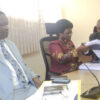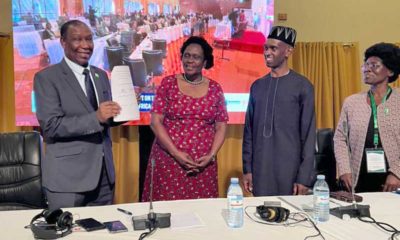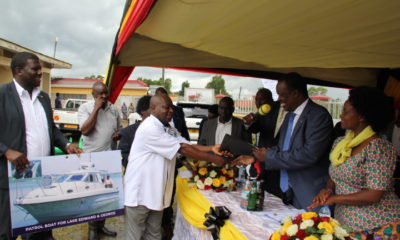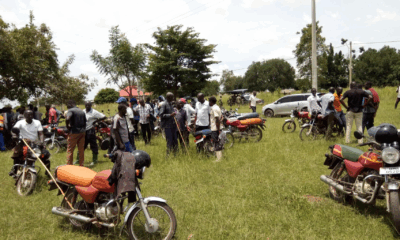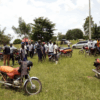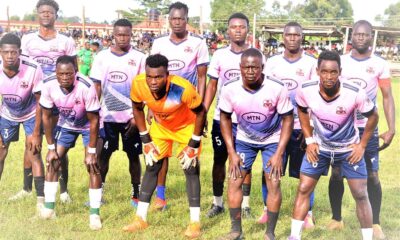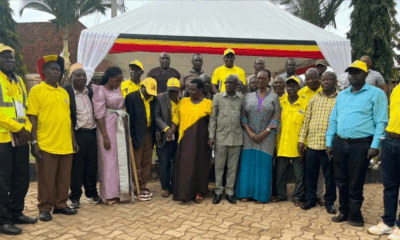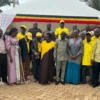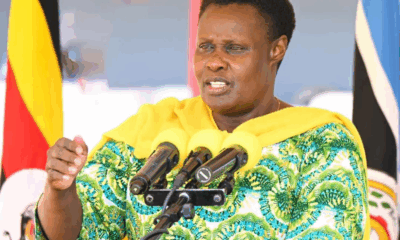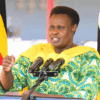News
An award for a more water secure, present and future
This week, yours truly, walked to podium in front of a 500 audience of scientists, policy makers and diplomats who gathered for the 5th Nile Basin Development Forum, in Kigali, the beautiful capital of Rwanda to pick-up an award for outstanding writing on the Nile issues.
The award and the technical presentations that were delivered, proved a source of greater motivation for me to the cause of developmental journalism and to create a better understanding of the importance of water to the current and future generations.
Yes. Water is a resource we so often take for granted, more so in Uganda, and yet it’s one we cannot live without.
The discussions here on; ‘Investing in Nile cooperation for a Water Secure Future,’ have focused on preventing the current situation of water scarcity in the ten member countries of the Nile Basin from getting worse. But the more I interacted with experts, and colleagues, and contemplated about water scarcity especially in the rural settings where most of us come from, the more it become clear that water scarcity is already a reason for social unrest in Uganda and conflict in other parts of the region.
Think about it this way. The overwhelming influx of young people from rural areas into Kampala to ride boda bodas or engage in other less gainful informal jobs, has its roots, partly in the effects of water scarcity that has rendered farming a lose lose venture.
I have come across numerous accounts of people who have lost years of savings when they invested in farming including renting land, only for the drought to wipe out their crops or killed their heard and pushed them deeper into poverty. A number of people have actually lost property to banks and other lending institutions arising from water scarcity in farming enterprises.
At the national level, officials in the Ministries of Water and Energy are already embroiled in a dispute over the Nile water. Reliable sources have told me that energy officials want more water to flow into the dams to generate electricity, but water experts are resisting the idea, on grounds that it will deplete the water resources of the country and complicate access to water not only for future energy generation, but also for other sectors like industries, domestic purposes.
The highly anticipated boost in Uganda’s electricity capacity from the completion of Karuma, Isimba, and several other dams, suggests that these fights will become more pronounced, unless some cooperative framework that is guided by some scientific evidence, and protected by some rules is put in place.
Regional
With so many similar projects across the Nile underway, including the anticipated completion in a few months time, of the 6490MegaWatt Grand Ethiopia Renaissance Dam (GERD), fear is rife that unless cooperation is given a chance, war is inevitable.
The war in Darfur, western Sudan is said to have erupted over a dispute over water, experts have told us. But there is more reason to believe that the alarming exodus of many young people into Europe and Arab countries seen in recent years, has some of its roots in water scarcity.
And so, the discussions about investing in water security, revolve around governance of the resource, thinking of alternative sources of water such as rainwater harvesting, ground water, water re-use, among others. If you move with us, we will endeavour to make these potential solutions a reality.
Comments




